Introduction
To support global development priorities, innovative models expanding prefabricated construction adoption are needed. This feature examines a productive partnership where Lida Group enables local manufacturers worldwide to supply modular building components for their scalable housing solutions.
This decentralized production model helps address rising costs, logistical bottlenecks and skills shortages impacting developing nations. By facilitating community-level component fabrication, livelihoods are strengthened while construction affordability and schedule compression are achieved.
Two case studies profile local partners establishing modular panel, truss and frame production tailored for Lida Group house designs. Outcomes include accelerated earnings growth, skills development and housing project successes benefitting underserved communities. Findings suggest a promising model for scaling resilient housing construction through collaborative global networks.
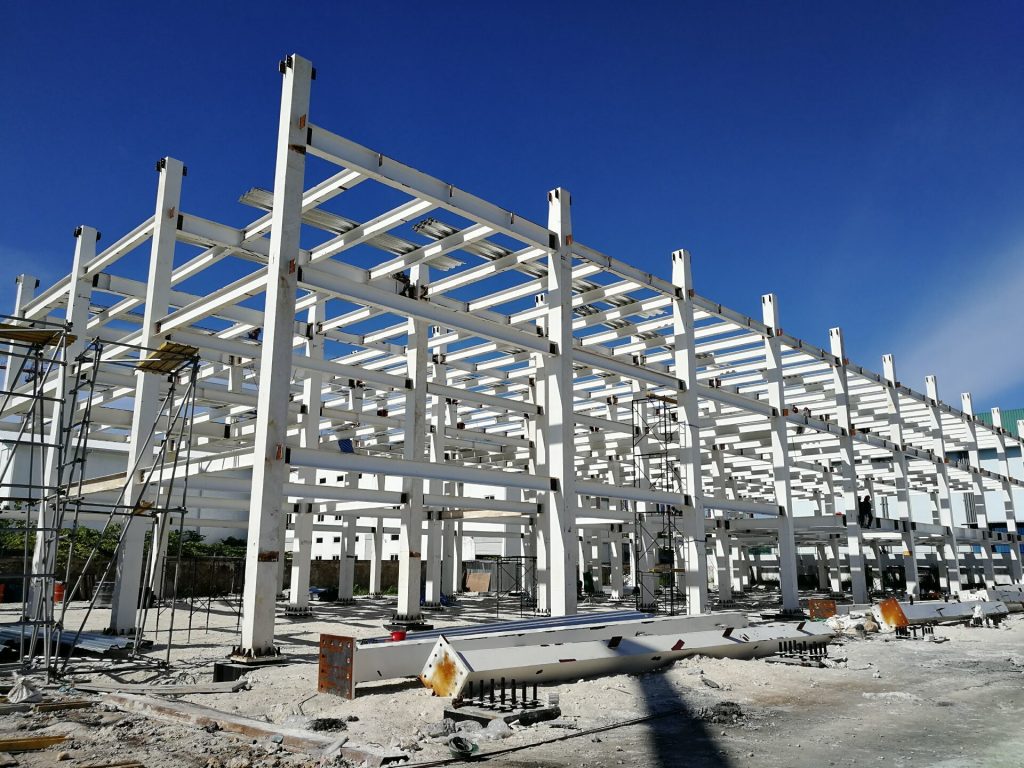
Modular Housing Panels – Philippines
The first partner is Mactan Building Solutions, a social enterprise housing cooperative on Cebu Island in the Philippines. Though skilled in woodwork, inconsistent material supply impaired expansion serving off-grid communities vulnerable to typhoons.
Working with Lida Group’s engineering team, Mactan transitioned production lines to cold-formed steel modular building panels using local labour and scrap metals. Tools, process training and technical specifications were provided at a nominal fee through partnership agreements.
New automated panel roll-forming and welding machines acquired through the program increase monthly output fourfold to 150 panels. Standardized dimensions allow direct interchangeability for incremental home expansions – a critical feature in disaster-prone regions.
Panels produced are shipped nationally for factory-frame housing projects or regionally by Lida Group for off-grid villages. Revenues tripled within 2 years as cooperative members’ incomes grew. Mactan now supplies typhoon-resistant shelters rebuilding remote communities.
This successful case demonstrates localized modular component production can accelerate construction while strengthening rural livelihoods through technical skills and stable incomes in growing industries.
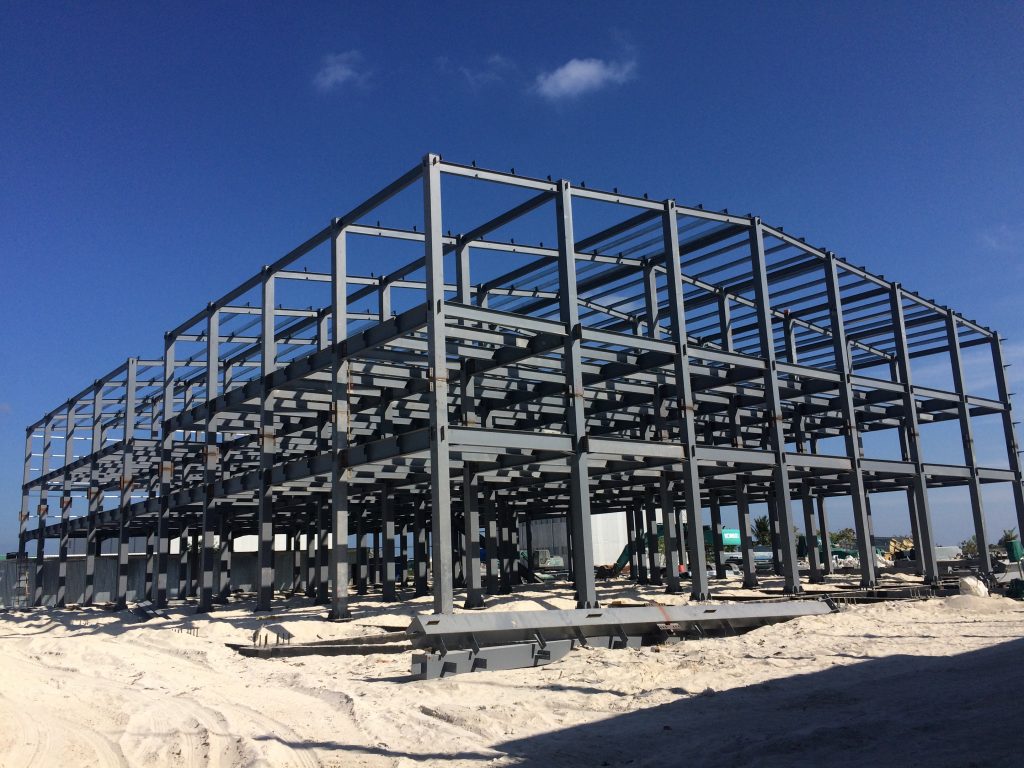
Modular Trusses & Beam-Frames – Indonesia
The second partner is Kayu Muda, a small manufacturing firm in Maluku, Indonesia owned and operated by local youth. Logging restrictions impaired its sawmilling activities in the forested province.
Working with Lida Group, Kayu Muda transitioned equipment to cut, drill and assemble standardized prefabricated roof trusses and pre-cut beam-frames. Modular design training supported new production lines’ establishment using local acacia timber reserves sustainably.
Trusses and frames now produced to identical specifications for Lida Group’s engineered timber housing systems are shipped regionally or supplied directly to development projects led by partner organizations.
This new business line expanded Kayu Muda’s workforce fourfold within 3 years. Reduced housing construction schedules allowed greater numbers of disaster-vulnerable residents to be served through technical partnerships. Maluku’s prefabricated building capacity is bolstering post-disaster reconstruction efforts sustainably.
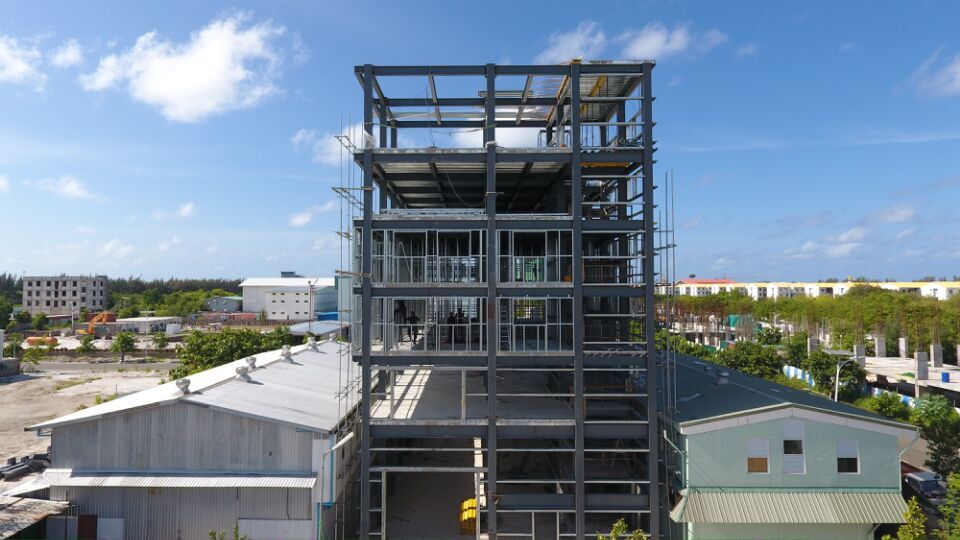
Decentralized Production Model
These successful partnerships demonstrate the viability of a decentralized production model for modular building component supply chains. Key benefits observed include:
– Local economic development through new revenue streams, jobs and skills training
– Reliable supply chains addressing transportation and material shortages
– Affordability gains as housing projects leverage community-level fabrication
– Faster construction timelines through standardized interchangeable components
– Environmental gains where recycled steel or sustainably managed local woods are utilized
– Scalable disaster resilience through strengthened localized building industries
To help replicate this model, Lida Group now provides standardized production tooling, technical assistance programs and purchasing agreements supporting community ventures globally. Over 30 partnerships have been established to date.
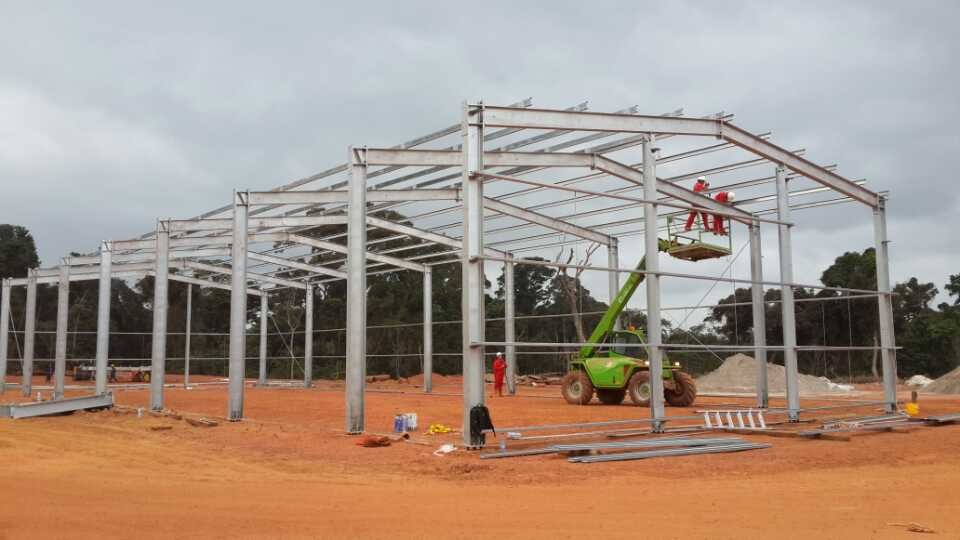
Continued expansion aids the affordable construction sector’s continued recovery from pandemic impacts. Evidence suggests a collaborative approach unlocking scalable housing through localized modular component supply.
Conclusion
In summary, this feature highlights a growing partnership model enabling localized manufacturers to supply prefabricated building components for Lida Group’s modular housing designs worldwide.
Case studies profile successful examples strengthening livelihoods and construction capacity in disaster-vulnerable communities through technical skills development. Outcomes include accelerated earnings, expanded regional building material supply chains, and improved housing project delivery serving underserved populations.
Findings provide evidence that a decentralized production approach can help scale affordable resilient housing construction sustainably. Continued advancement of such partnership models uphold global priorities for inclusive and community-driven development through innovative modular building solutions.
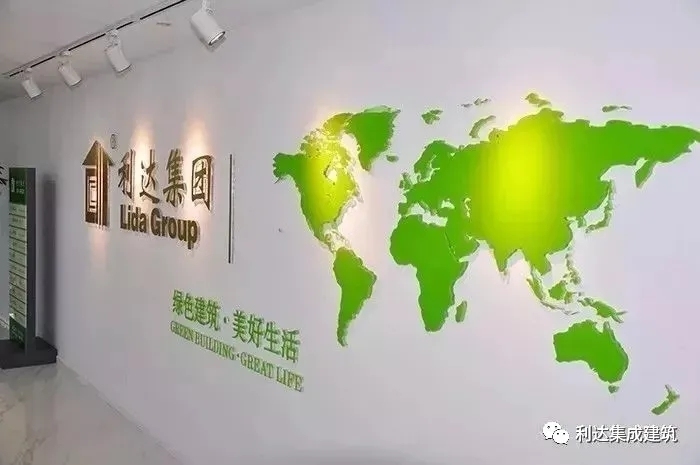
Related news
-
Technical paper assesses the cost-efficiency, resilience and replicability of prototypes for specialized hybrid-use farm structures constructed using Lida Group's pre-engineered steel framing and enclosure innovations.
2024-08-22 14:52:37
-
Case study examines the implementation of an multi-purpose steel structure incorporating housing, storage, processing and animal shelter using Lida Group's standardized pre-engineered building designs and construction methods.
2024-08-22 09:59:45
-
Easy Assemble Detachable Industrial Warehouse Building Sandwich Panel Steel Frame Structure Container Building
2024-08-21 17:57:48
contact us
- Tel: +86-532-88966982
- Whatsapp: +86-13793209022
- E-mail: sales@lidajituan.com


